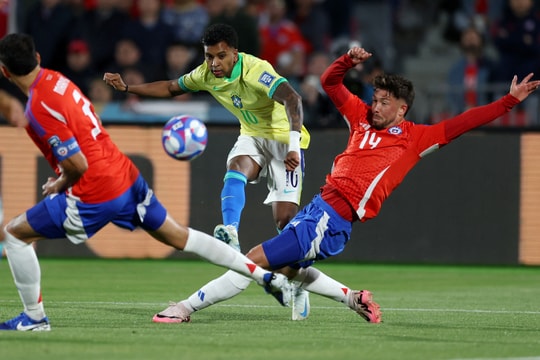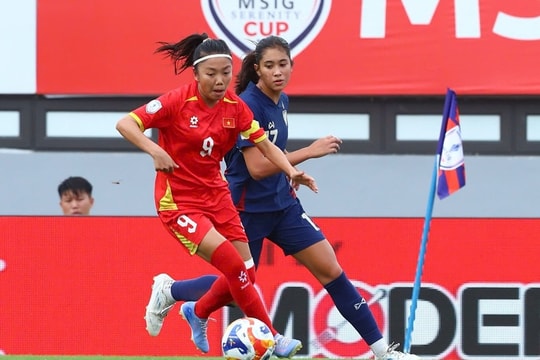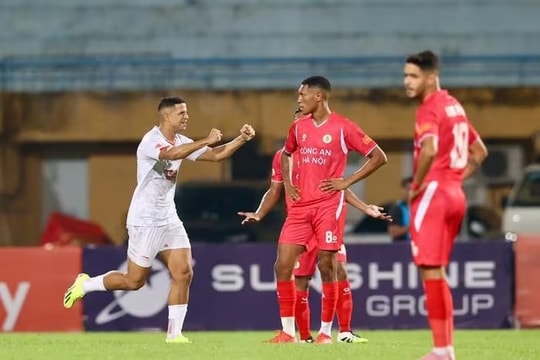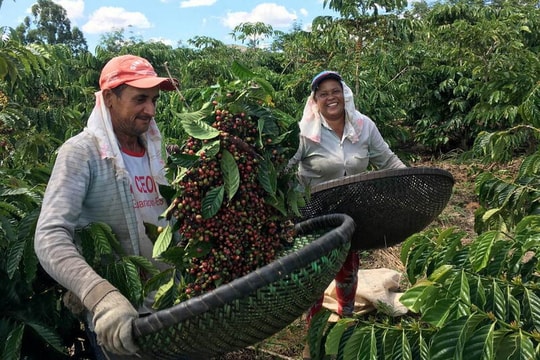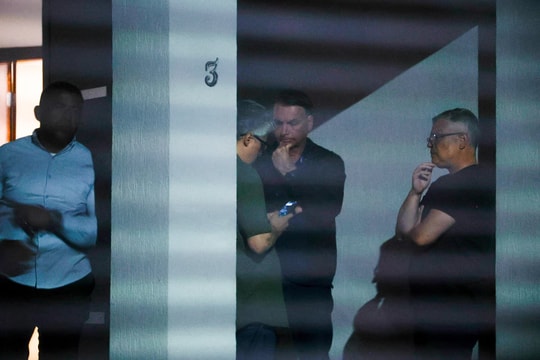What do countries do to control guns?
(Baonghean.vn) - The issue of tightening gun control has heated up again in the US after the Las Vegas shooting on October 1. Here is how gun control works in some countries around the world.
1. Australia
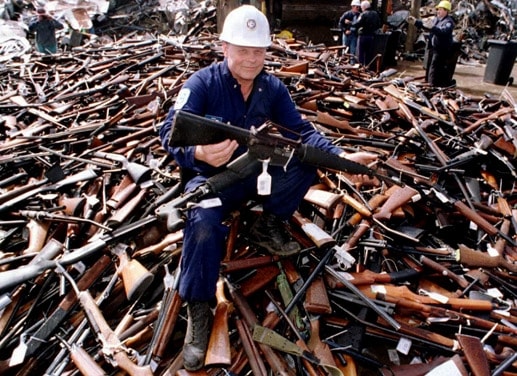 |
| The number of guns the Australian government has collected in its gun buyback program. Photo: Reuters |
One of the first acts of John Howard after taking office as Australian Prime Minister in 1996 was to announce a major reform of gun laws in the country.
The announcement came just 12 days after 35 people were killed by bullets from a military rifle fired by a crazed gunman at a popular tourist spot in Tasmania on April 28, 1996.
The incident, known as the “Port Arthur Massacre,” sparked outrage in the community and calls for stricter gun control measures.
Therefore, Prime Minister Howard has launched an anti-gun campaign across Australia.
He also successfully implemented a gun buyback program that recovered 650,000 guns from the public. High-caliber rifles and shotguns were banned, and gun licensing was tightened.
And since then, Australia has often been held up as a “mirror” for the United States to follow. Just a few years after the Port Arthur massacre, the risk of dying from a gunshot wound in Australia dropped by more than 50% and has remained there ever since.
2. You
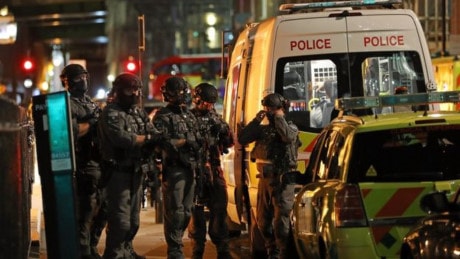 |
| British counter-terrorism force. Photo: Getty |
After the Hungerford massacre on August 19, 1987, which left 16 people dead, the British government immediately introduced a new law - the Firearms Act 1988, which required people to register their hunting guns with the authorities and banned semi-automatic weapons.
Nine years later, another shooting rampage killed 16 children aged 5-6 and a teacher. Another law was passed by the British government, which completely banned the ownership of handguns in the country after a successful campaign.
However, Britain was once again shaken by another massacre in June 2010, which left 12 people dead and 30 injured. The incident once again raised questions about the effectiveness of gun control laws in Britain; and the government then added new laws, which required gun users to be assessed by the police and a psychiatrist.
3. Finland
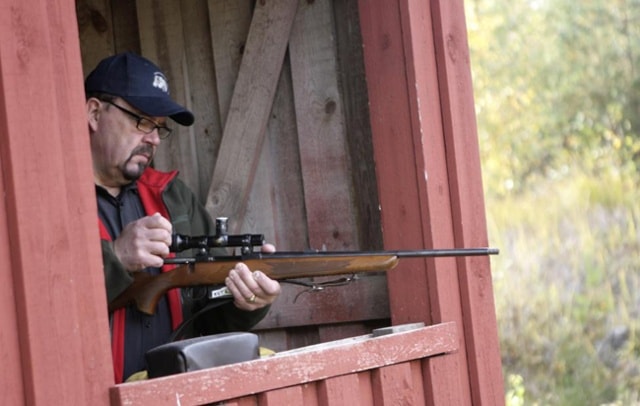 |
| Illustration: Internet |
After the shooting at a high school in the town of Tuusula, southern Finland, which left eight people dead on November 7, 2007, the Finnish government began issuing new guidelines for the use of guns, especially handguns.
People who want to own guns must be members of a gun club for at least a year, and must be evaluated by police and a psychologist. The minimum age to own a gun is raised to 20, from 18.
4. Japan
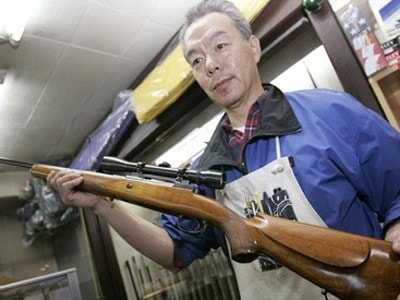 |
| Japan virtually bans the ownership of handguns and strictly regulates rifles. Photo: The Atlantic |
Under long-standing Japanese policy, there is no credible reason why civilians should be allowed to own handguns. So, except for a few dozen experienced shooters who compete, no one is allowed to own a handgun.
In Japan, the public is allowed to own assault rifles, but under strict controls. Applicants must first go to their local police station and state their intentions. They must attend a full-day class and pass a written test (held once a month).
Applicants must also go to the hospital for a doctor to sign a confirmation that they are completely healthy, clear-headed, do not suffer from epilepsy, depression, schizophrenia; are not addicted to alcohol, drugs, etc. The police check the applicant's background very carefully, even talk to the applicant's neighbors to see if they have a bad temper, financial problems or unstable family situation.
Gun owners must tell the police where the gun is kept in their home. The gun must be kept locked, preferably chained, and not with ammunition. It is allowed to leave the gun in the trunk of a car to be taken to the shooting range, but the driver must not be far from the car. The police will inspect guns once a year, and gun owners must retake the course and retest every three years.
5. Switzerland
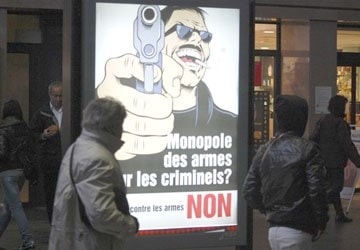 |
| A poster in Geneva (Switzerland) by the “gun lovers” calling on people to say no to gun control initiatives. Photo: AP |
Switzerland’s low gun crime rate stems from the fact that most guns are rifles issued to men when they do military service. In recent decades, Switzerland has reduced the size of its military, which has led to a decline in gun crime.
As the military shrank, gun violence, especially suicides and domestic homicides, plummeted, says Martin Killias, a criminologist at the University of Zurich.
However, the main issue is how many people have access to a gun, not the total number of guns owned in a country. “For example, criminals in Switzerland are not as well armed as street criminals in the United States,” Mr. Killias said.
Critics of gun ownership in Switzerland point out that the country has a higher rate of gun suicides than any other country in Europe. However, efforts to tighten gun control and force conscripts to return their guns after training have failed to produce results. In a 2012 referendum, a majority of Swiss people opposed tighter gun control.
6. Brazil
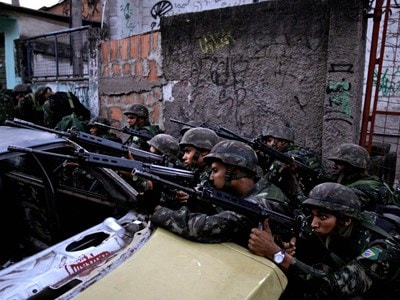 |
| Brazilian police and army prepare to attack drug gangs in a slum in Rio de Janeiro. Photo: NB |
Since 2003, Brazil has largely banned the public from owning guns. Only police officers, those working in high-risk occupations, and those who can prove their lives are in danger are eligible for gun licenses. Anyone caught carrying a weapon without a license can face up to four years in prison.
Guaracy Mingardi, a crime and public safety expert and researcher at Fundacao Getulio Vargas, Brazil's largest think tank, says the 2003 gun ban helped reduce gun homicide rates in some areas.
Brazil wants police to use more lethal weapons. But Ligia Rechenberg, coordinator of Sou da Paz, a violence prevention organization, said that could make things worse. She said police would buy weapons “they don’t know how to handle, and that puts them and the public at risk.”
Peace
(Synthetic)
| RELATED NEWS |
|---|

